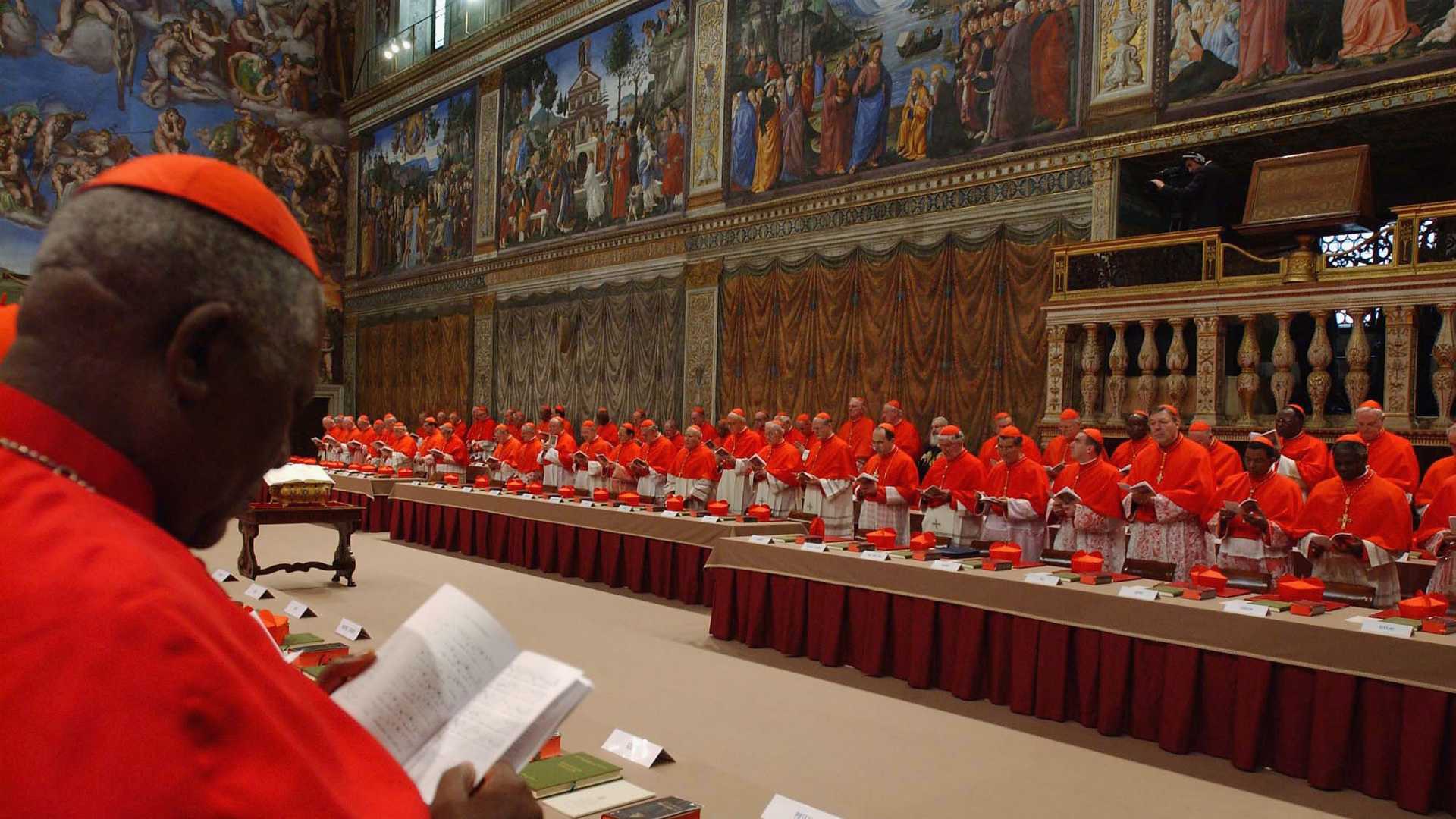News
Papal Conclave Begins After Francis’ Passing, Candidates Emerge

Rome, Italy – Following the death of Pope Francis on April 21, the Catholic Church is poised to enter a crucial period as the College of Cardinals prepares to elect his successor. This conclave will not only determine the next leader of over 1.3 billion Catholics but also set the future direction of the Church.
Pope Francis, the first pontiff from the Global South, initiated significant reforms during his papacy, focusing on inclusivity, social justice, and environmental issues. His death marks the beginning of a new chapter for the Church, which is currently grappling with internal debates between progressive reforms and conservative doctrines.
The recent changes made by Francis to the College of Cardinals means that the upcoming conclave will be more representative of the global Catholic community. Cardinal Blase Cupich of Chicago and Cardinal Oswald Gracias of Mumbai are noted figures, while Cardinal Luis Antonio Tagle from the Philippines has emerged as a strong candidate to continue the late Pope’s progressive agenda.
“The fact that over 100 of the eligible electors were appointed by Francis might influence the conclave’s outcome significantly,” says Cristina Traina, a professor at Fordham University. “It’s likely we won’t see a major shift away from his priorities.”
However, the election process, which requires a two-thirds majority, is unpredictable. Historical precedents reveal that frontrunners can lose their favored status. The conclave begins approximately 15 to 20 days after a pope’s death, ensuring time for mourning and travel for the cardinals.
As the cardinals meet to deliberate, issues such as the Church’s approach to LGBTQ+ inclusion and responses to sexual abuse scandals are likely to come to the fore. Cardinal Giovanni Angelo Becciu, previously stripped of his cardinal privileges due to financial crimes, has claimed he may still participate in discussions, stirring controversy.
The conclave is a focal point for the Catholic Church, as it seeks to unify its followers amid a changing global context, particularly in regions such as Asia and Africa. The new pope will be expected to continue Francis’s efforts to modernize the Church while also addressing concerns raised by those wary of sweeping reforms.
Cardinals will meet in the Sistine Chapel, and only under the right conditions will white smoke announce the selection of the new pope. Until then, speculation and debates continue about the Church’s future under newly appointed leadership.












